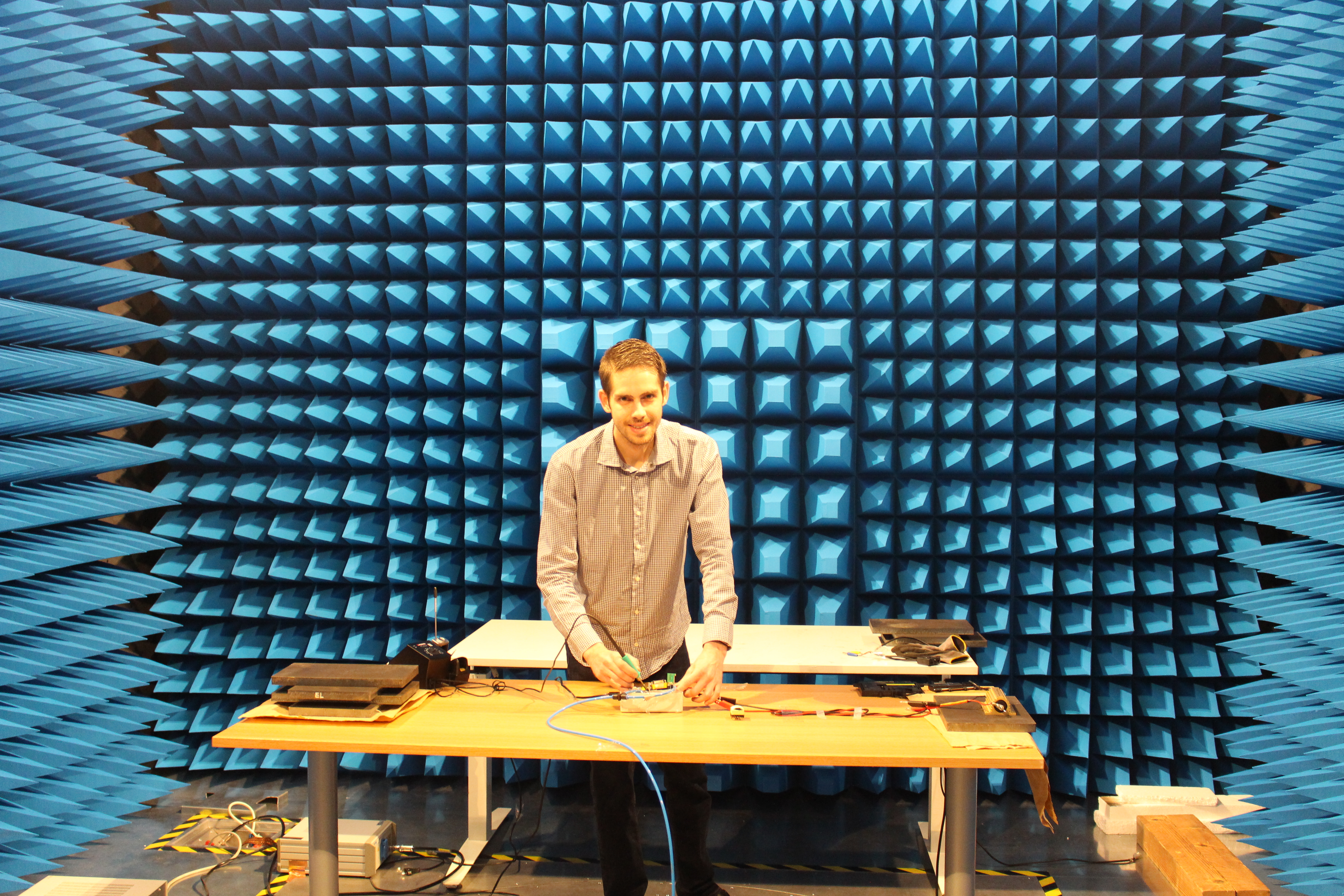Key data
- Job description: Electronic Engineer
- Company: LOGICDATA Electronic & Software Entwicklungs GmbH
- I work in: Deutschlandsberg, Austria
- I’ve worked here since: 2016
- Contact: simon.schober@logicdata.net
- https://www.linkedin.com/in/simon-schober-026222102/
- https://www.xing.com/profile/Simon_Schober4/cv
What I do
I develop electronic circuits in the field of power electronics and power supply through to series production. I also work on electronics hardware design and plan and implement design verification processes (DVP) and fail proof assessments (FPA).
Why I love my job
In my job, I value the friendly environment, independent working, team work and company managers who are committed to the well-being of employees. When developing a product, I am involved from the initial concept through to series production, which I really enjoy.
Important skills in my job
- Team skills
- Solutions-oriented thinking
- The ability to implement theory-based knowledge in practical settings.
My biggest success so far
The best thing is to experience how a product develops when you invest a lot of work and motivation into it. While the initial measurements and tests on new hardware are sometimes unsatisfactory, at the end it is always great to see how well it functions when the right solutions are applied.
How I found my current job
A recruitment company (Catro Süd) sent us students an email during the 4th semester. I received an interview date back straight away after responding.
What I learned for this job during my studies
The soft skills I acquired during the course enabled me to impress on a personal level. In the practical lab-based exercises, I was able to acquire experience which I then applied during my first week of work undertaking independent measurements. The projects provided a good link between theory and practice, which is important in hardware development. The knowledge I acquired from my lectures in power electronics forms an important basis for my everyday development work.
Job prospects in my field
The job prospects are very good for newcomers with some experience in the field of practical hardware development. It is essential to have some experience of implementing theory-based knowledge in practical settings. There is high demand for practical engineers in hardware development.
I am
- motivated
- determined
- open
About my job
In my day-to-day work, I develop hardware in the field of power electronics. I first devise the concept and then develop the circuit. As soon as the first prototypes are available, the test phase begins. During this time, I work increasingly with other departments which focus on developing the software, outer casing and production technology. My development work ends with the start of series production. My career goal is to further specialise in switched-mode power supply development in the power electronics field.
To anyone interested, I would say that the Master’s in Electronic and Computer Engineering offers an excellent mix of theory and practice with no shortage of the key soft skills required for everyday (working) life. I can recommend that students practise the practical implementation of electronic circuits in projects.








